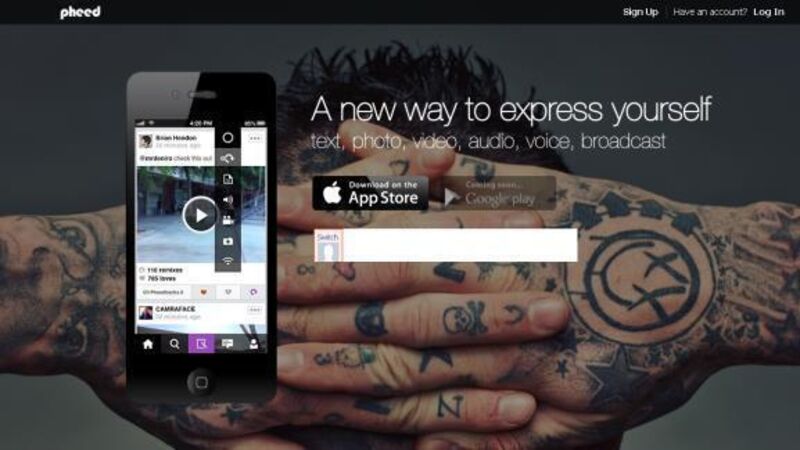Tweeting teenagers propel Pheed to top of Apple app charts

The latest in a long line of social networking platforms, Pheed has jumped to the top of the list as the number one free app in the Apple App Store under social networking.
It appears the app’s surge in popularity is down to it being mentioned by a number of teenagers on platforms like Twitter and Instagram.













